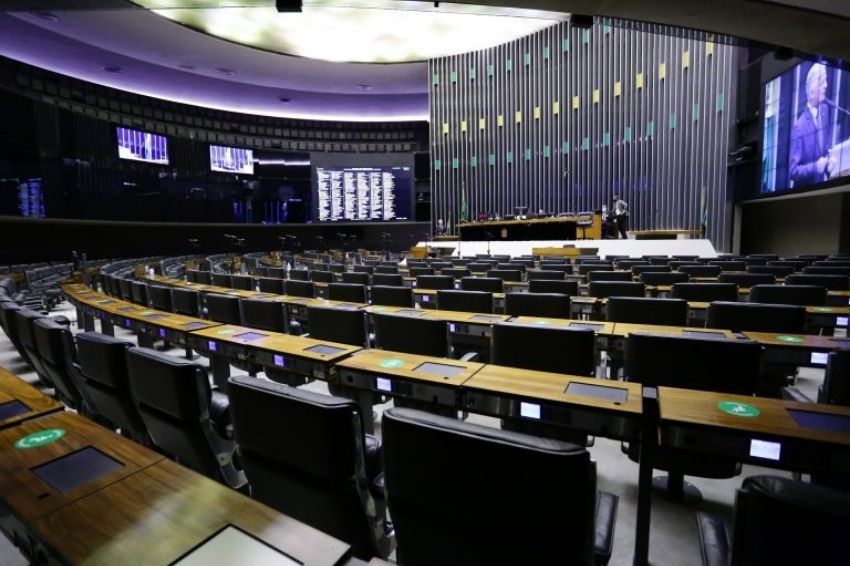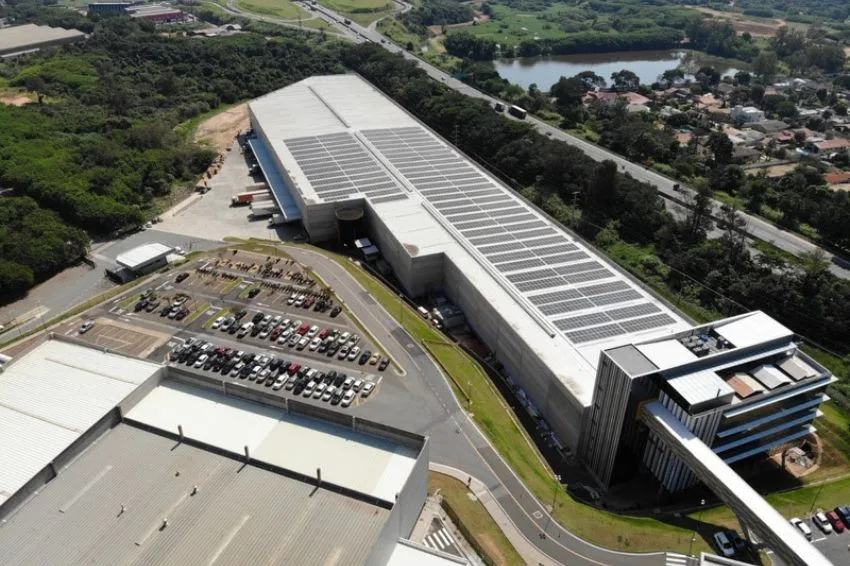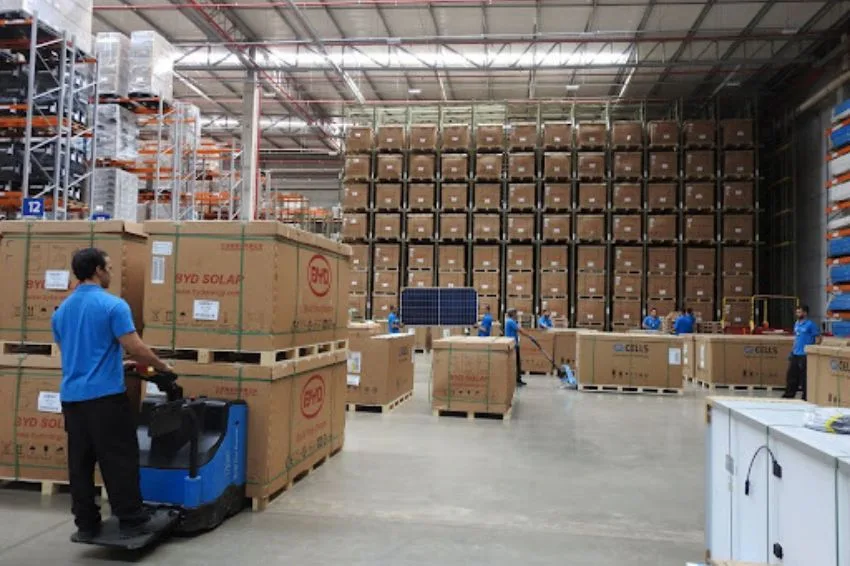INEL (National Institute of Clean Energy), in partnership with ABGD (Brazilian Association of Distributed Generation), created a website to show how each federal deputy has positioned themselves in relation to PL 5829 (Bill no. 5829/2019) , which aims to create the Legal Framework for GD (distributed generation) in Brazil.
According to the website, of the 512 existing deputies, 297 are in favor of the text, while only eight have expressed their opposition. Another 207, including Arthur Lira (Progressistas), the president of the House, would be undecided or had not yet expressed their opinion regarding a possible vote.
The page on Internet It also has a space for the user to sign up and receive news about PL 5829 on their cell phone and a tab with a petition, in which digital signatures are being collected from people who are in favor of approving the project. To access the website, simply click here.
“Be part of the group of Brazilians who fight for the right to produce their own energy, contributing to the electrical sector, improving the preservation of the environment, and above all, generating thousands of jobs, at a time when Brazil needs sustainable development with growth economical”, highlights the website.
The law project
PL 5829 is on the agenda this Tuesday (25) and can be voted on in a single discussion in the Chamber of Deputies. The proposal, authored by deputy Silas Câmara (Republicanos-AM) and whose rapporteur is deputy Lafayette Andrada (Republicanos/MG), has already been put on the agenda other times, but was never voted on by parliamentarians.
To become law, the document must have at least half of the favorable votes of the deputies and, subsequently, be appreciated by the majority of senators. Initially, the bill was scheduled to be voted on at the beginning of last year, but ended up being postponed due to the Covid-19 pandemic.
The topic was only revived in December, when the majority of deputies voted for the text to be urgent, allowing the document to skip some steps within the processing process and go straight to voting in the Plenary.
In recent months, the text presented by Lafayette has motivated several debates on the subject. The parliamentarian argues that the approval will help democratize the use of solar energy in the country, as it will establish a Legal Framework for distributed micro and mini generation, which are the only segments of the energy sector that do not yet have their own legislation.
In theory, the document will bring predictability, legal security and access to solar energy for lower social strata. The text has been positively evaluated by associations and professionals in the renewable energy sector and negatively by large economic groups, mostly formed by energy distributors.

















One Response
Great update, the whole sector is looking forward to the outcome.